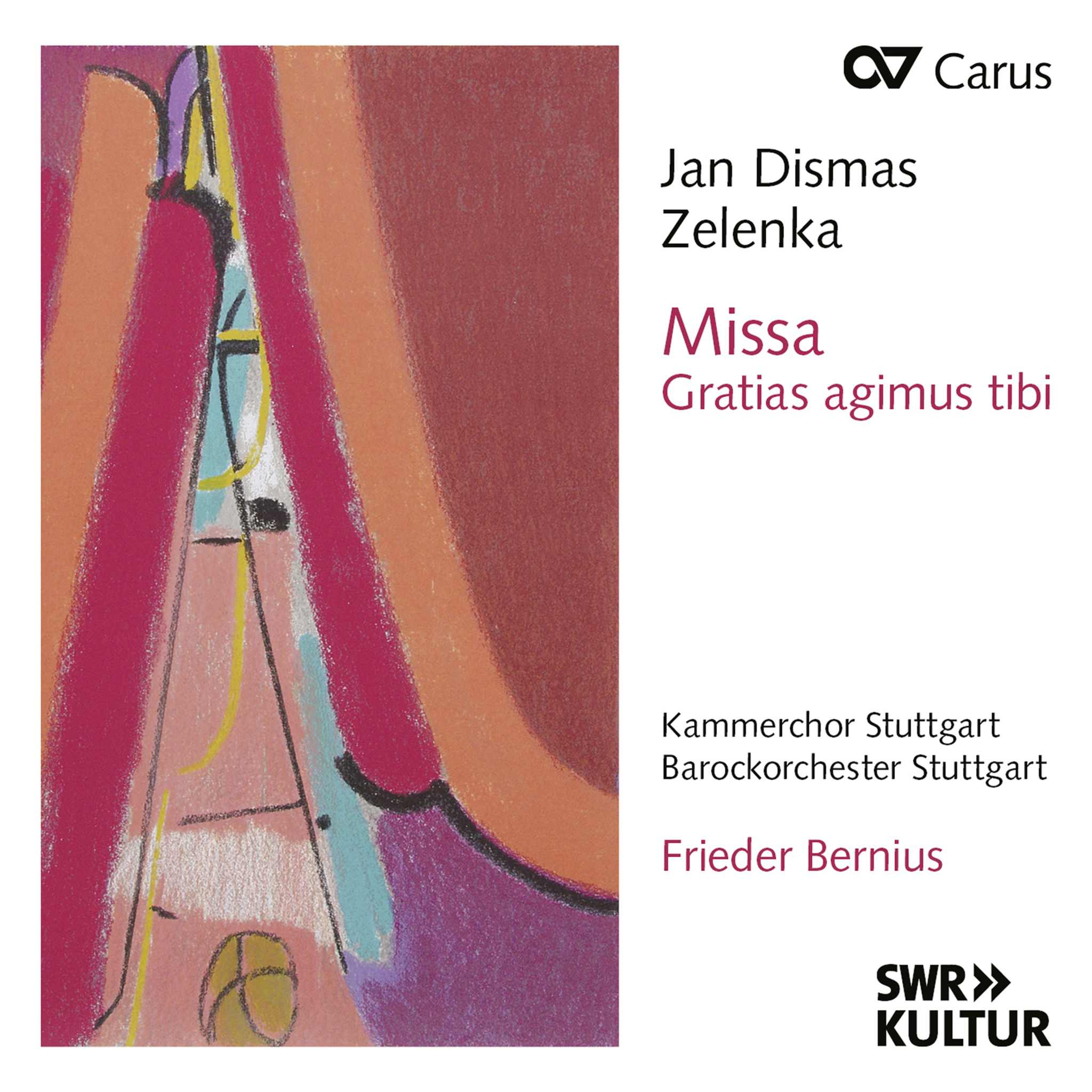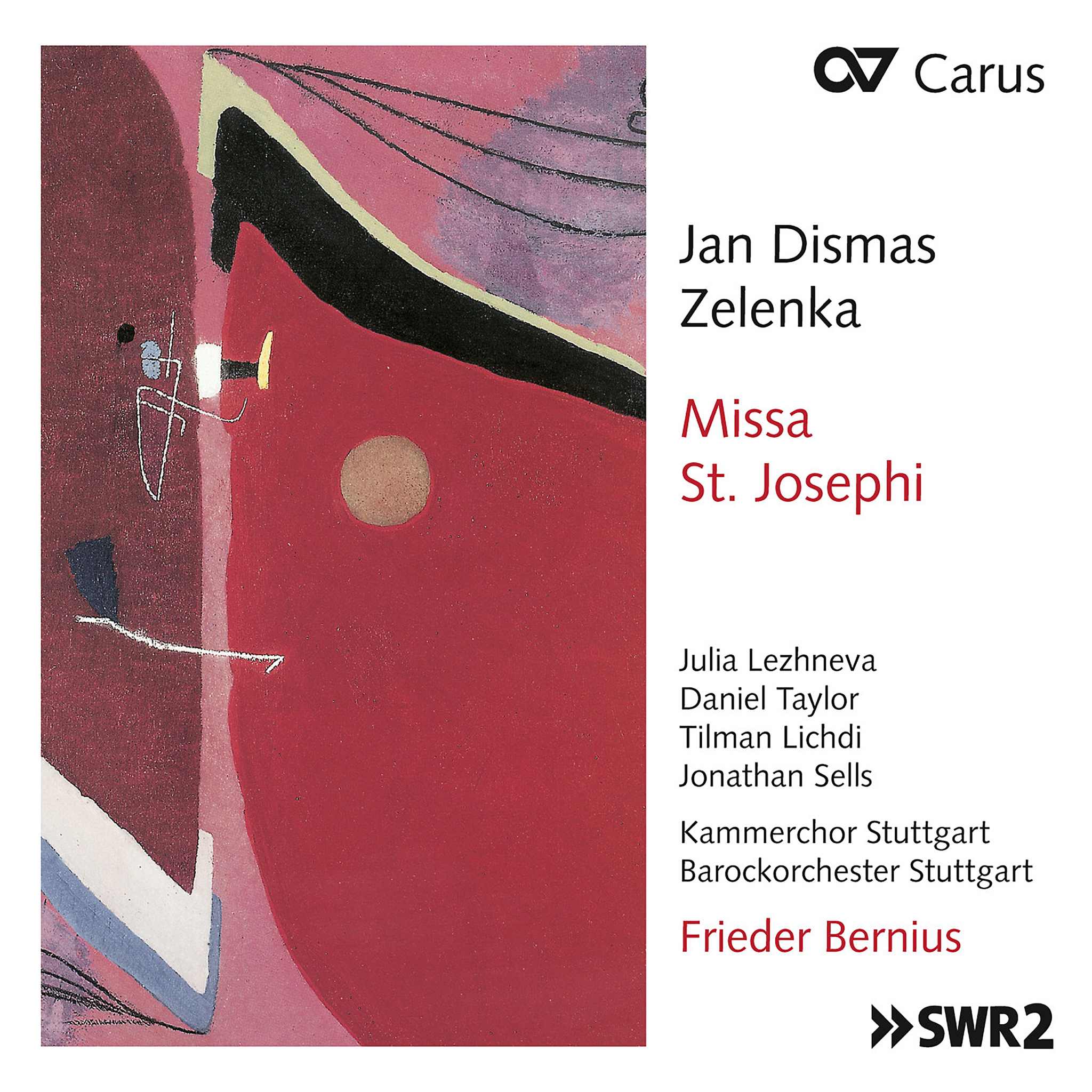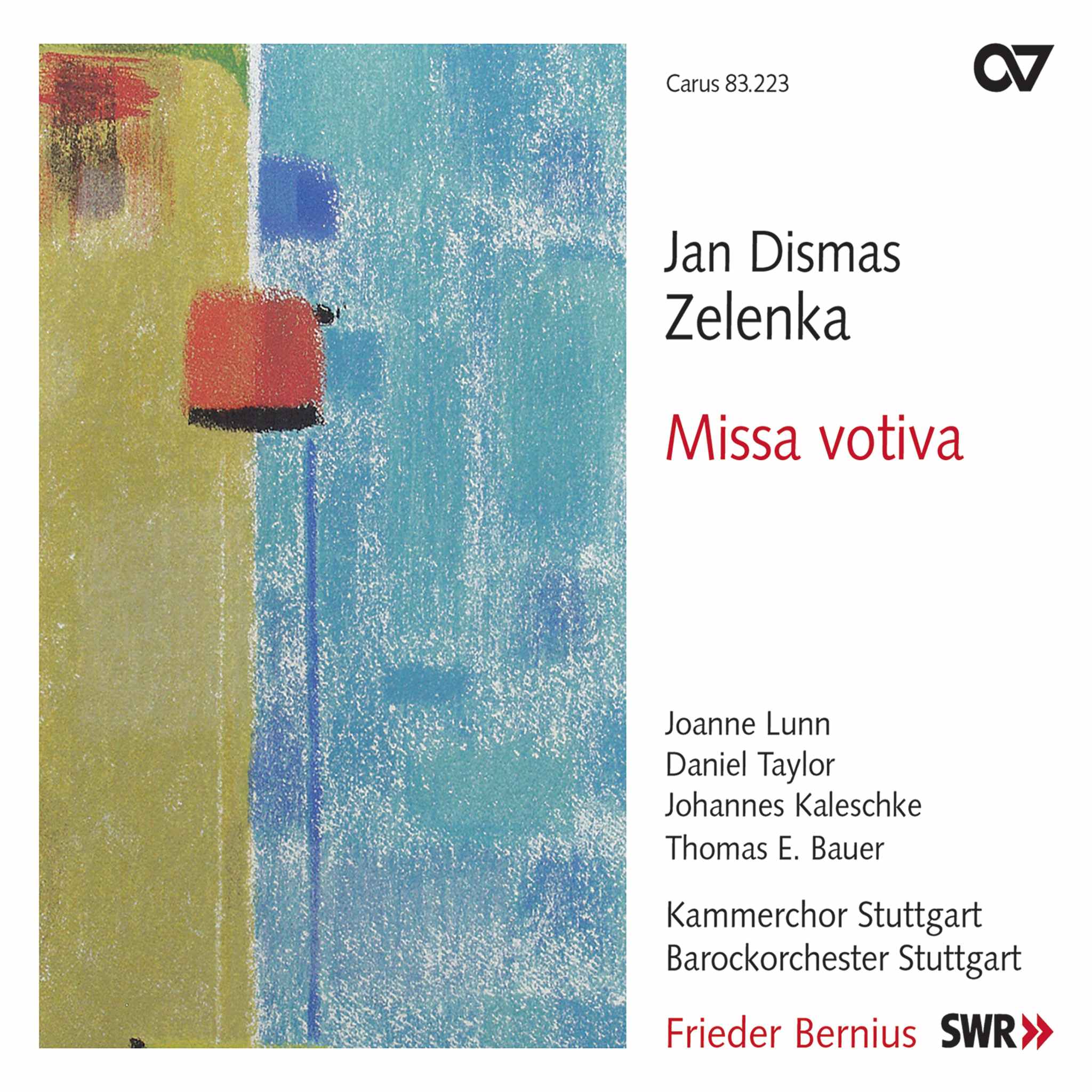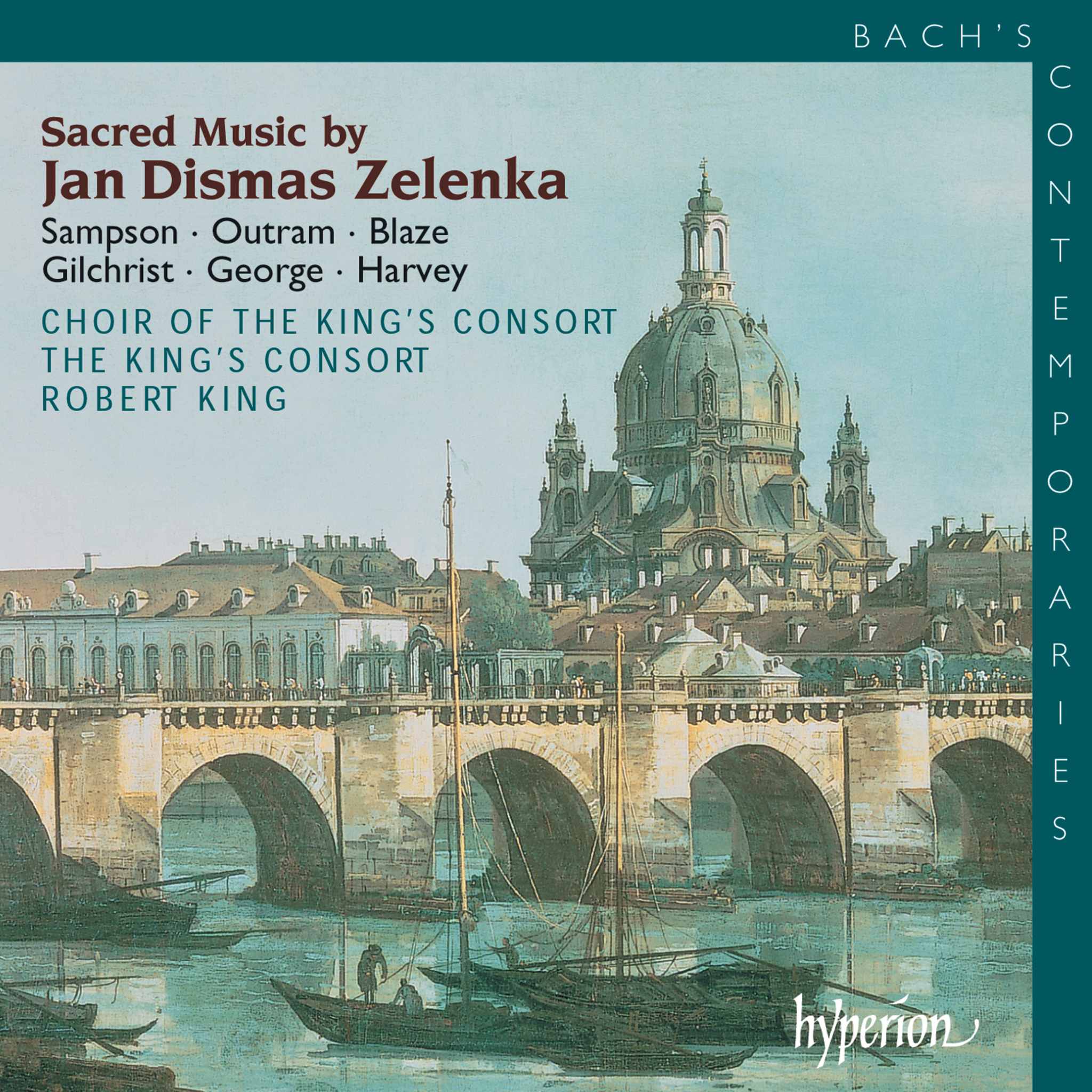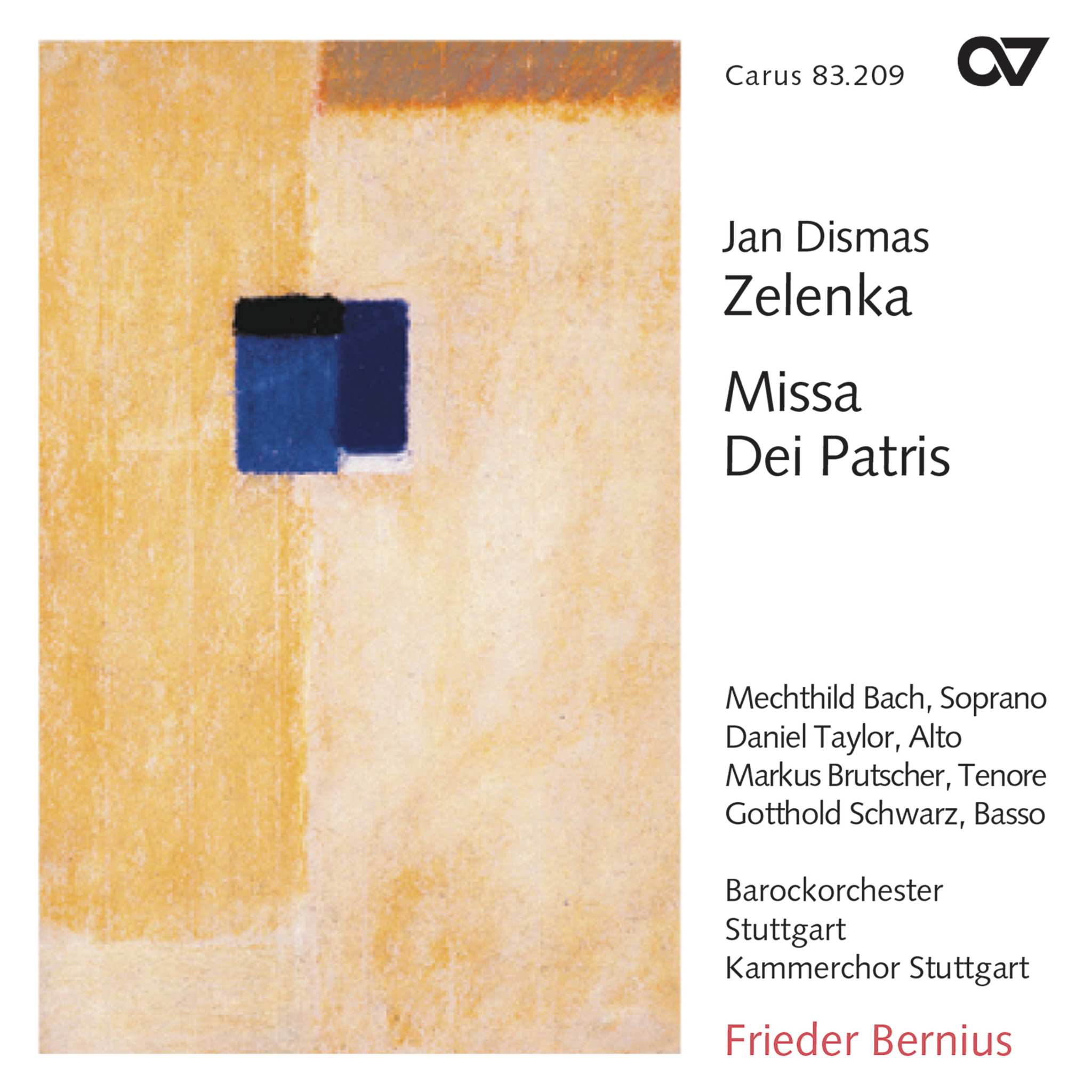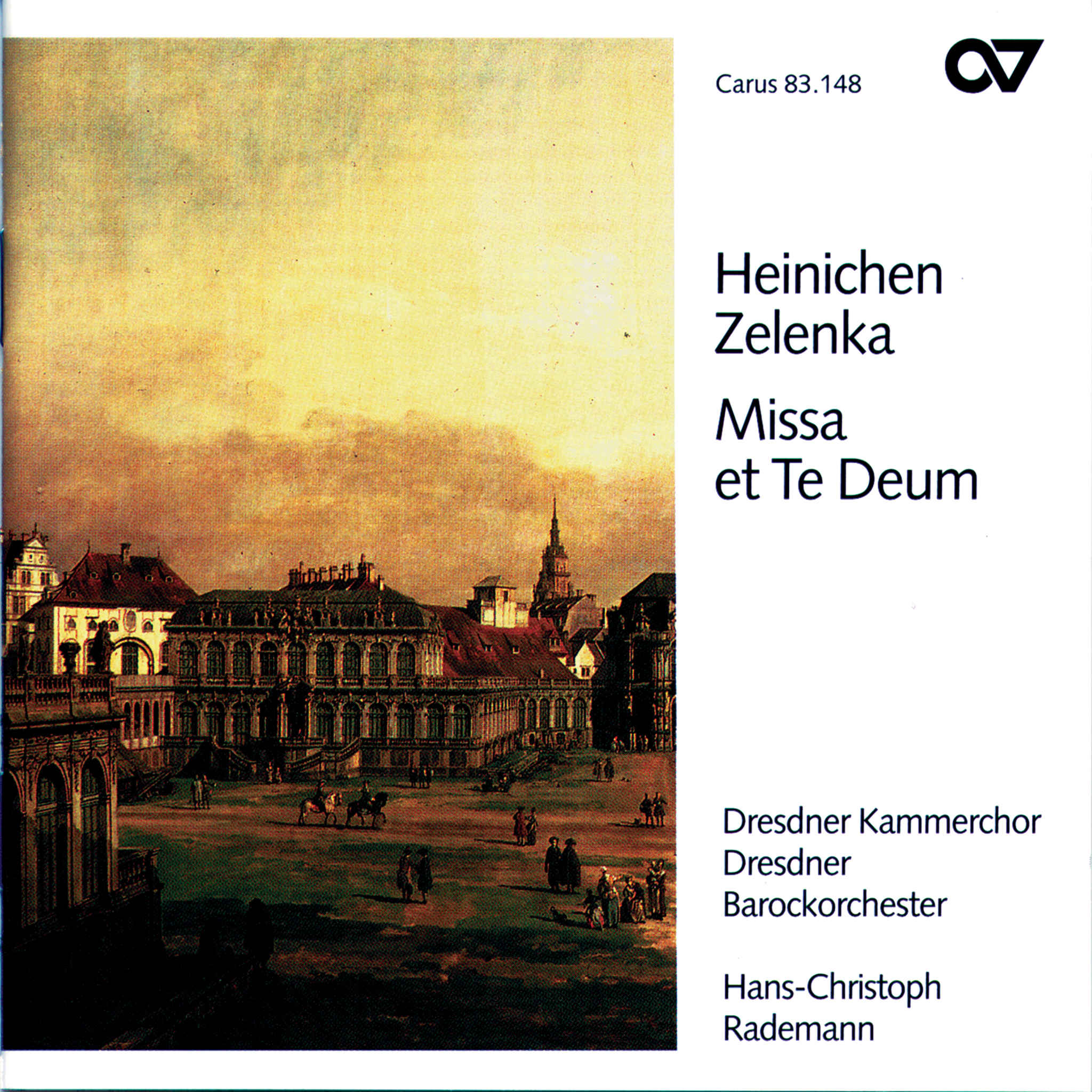Jan Dismas Zelenka: A Master of Baroque Music
Jan Dismas Zelenka, a renowned Bohemian composer and musician of the Baroque period, was born on October 16, 1679, in Lounovice, a small town southeast of Prague. He was baptized as Jan Lukáš Zelenka and is celebrated for his innovative and expressive musical style, which often surprised his contemporaries with its harmonic inventiveness and mastery of counterpoint.
Early Life and Education
Zelenka received his early musical training from his father, Jiří Zelenka, an organist in Lounovice. Later, he is widely asserted to have received some musical training at the Clementinum, a Jesuit college in Prague. In 1709, he served under Baron Johann Hubert von Hartig, a notable music patron, before joining the Dresden Hofkapelle as a double bass player around 1710 or 1711.
Career Highlights
Zelenka's career flourished in Dresden, where he composed a wide range of works, including instrumental and vocal music. One of his most notable compositions was the 'Sub olea pacis et palma virtutis,' performed before Emperor Charles VI after his coronation as King of Bohemia in 1723. However, his music remained largely unheard beyond Dresden during his lifetime due to local restrictions on music dissemination.
Fascinating Works
Zelenka's talent for creating deeply emotional and spiritually uplifting music is uniquely compelling. He produced an exemplary body of work, including 'Sacred Music,' 'Trio Sonatas,' and 'Lamentations.'
'Sacred Music,' performed by the renowned ensemble, The King's Consort under the leadership of Robert King, allows audiences to explore Zelenka's mature religious compositions. This album features a variety of sacred pieces, each one distinct yet unmistakably Zelenka.
A highlight of Zelenka's instrumental work is the 'Trio Sonatas.' This series is brought to life by the immense talent of artists such as Heinz Holliger and Maurice Bourgue. Thomas Zehetmair, Klaus Thunemann, Klaus Stoll, Jonathan Rubin, and Christiane Jaccottet also contribute their unique skills to realize Zelenka's vision. Their performances underscore the emotive power and intricate structures that characterize these sonatas.
'Lamentations' receive an expressive and heartbreaking rendition at the hands of The Chandos Baroque Players. Here Zelenka's power to convey deep, complex emotions through his music is evident. He employs the traditional form of Jewish liturgical music for Tenebrae – the lamentations of Jeremiah.
Embrace the musical world of this underappreciated baroque period composer with STAGE+. Jan Dismas Zelenka's music, layered with compelling narratives and beautiful compositions, is worth discovering and rediscovering for any classical music enthusiast.
